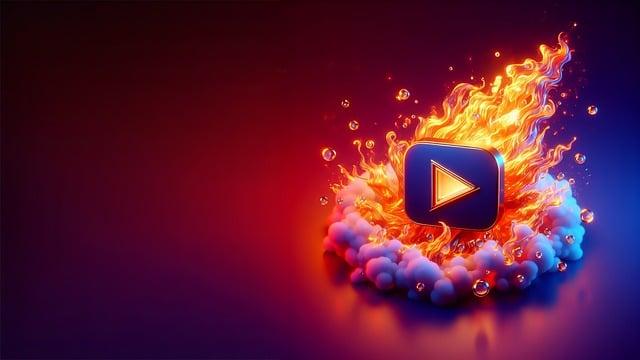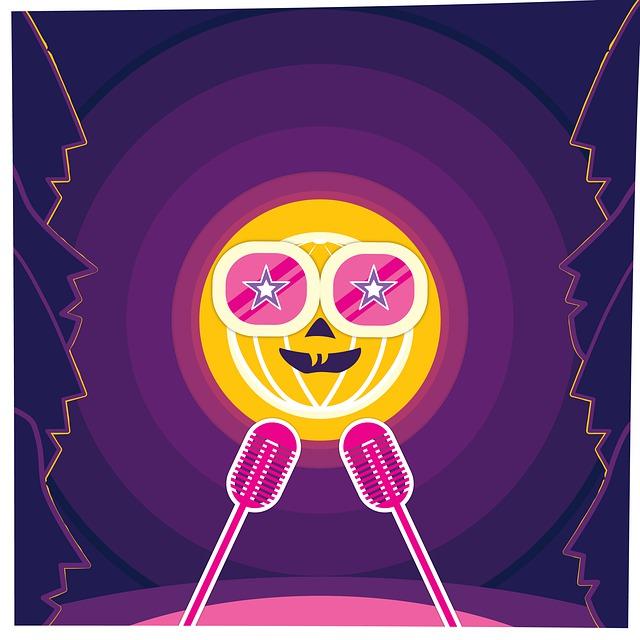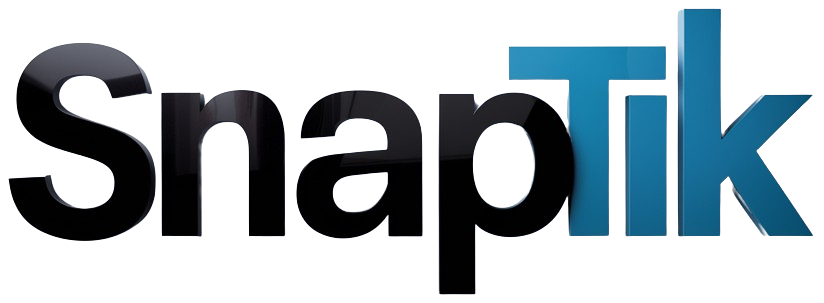Are you a new YouTube creator looking to grow your channel but feeling overwhelmed by all the conflicting advice out there? In a world filled with myths and misconceptions, it’s important to separate fact from fiction when it comes to optimizing your content for success. In a recent YouTube video titled “,” the host tackles common misconceptions surrounding tag and hashtag optimization. Let’s explore the insights shared in the video and learn how to navigate the world of YouTube with clarity and confidence.
– Tag Optimization: Debunking Misconceptions and Redefining Its Relevance
Tagging for Misspellings, Not Keywords
YouTube explicitly states that tags primarily help viewers find misspelled versions of your video’s content. While you can technically use tags to rank for commonly misspelled keywords, this strategy is largely irrelevant in terms of overall viewership.
Hashtags: Ineffective for Discovery
Contrary to popular belief, YouTube indicates that hashtags play no significant role in video recommendations. This means that adding hashtags to your videos will not directly impact your reach or visibility on the platform.
– Hashtag Optimization: Unveiling the True Impact on Content Discovery
Hashtag Optimization: Unveiling the True Impact on Content Discovery
Despite common misconceptions, hashtag optimization has limited influence on content discovery on YouTube. Unlike tags, which assist viewers with commonly misspelled search terms, hashtags play a negligible role in helping viewers discover videos. YouTube explicitly states that tags primarily serve to enhance accessibility for users who input incorrect spellings, rather than influencing search rankings.
Furthermore, external tools like VidIQ and TubeBuddy that suggest investing time in hashtag optimization are misleading. These tools often provide irrelevant data, such as keyword volume and competition scores, which are irrelevant to the actual impact of hashtags on discoverability. True channel growth strategies should adhere to the platform’s guidelines, which clearly emphasize the minimal role of hashtags in content discovery.
– The Fallacy of Subscriber Milestones and Benchmarks
Subscriber Milestones and Benchmarks:
Don’t get caught up in the hype of subscriber milestones and benchmarks. While it’s great to celebrate your channel’s growth, these numbers do not directly translate to success. Success on YouTube is not just about the numbers; it’s about creating valuable content that resonates with your audience, building a strong community, and driving engagement.
| Metric | True Importance | False Importance |
|---|---|---|
| Subscriber Count | Useful metric for targeting your audience | Vanity metric leading to unrealistic expectations |
| Benchmarks | Can provide a general framework | Cannot accurately predict success based on other channels |
| Growth Rate | Indicates the pace of your channel’s trajectory | Ignores other important factors such as audience engagement and content quality |
- Myth #2: Hashtags Are the Key to Enhancing Video Discoverability: Incorrect! YouTube also debunks this myth by stating that hashtags are more relevant for finding playlists and videos that use the same tags. In other words, they assist in categorizing content rather than guiding recommendations to enhance discoverability. Sadly, some platforms continue to misinform creators, leading to unnecessary time spent on a useless pursuit.

Q&A
Q: What is one YouTube myth that the video debunks?
A: The video debunks the myth that YouTube tag optimization plays a significant role in helping viewers find your video.
Q: What is the advice given regarding YouTube tag optimization?
A: The advice is to ignore tag optimization, as YouTube itself states that tags are mainly useful for commonly misspelled content.
Q: Are YouTube growth tools like tuddy and vid IQ helpful when it comes to tag optimization?
A: The video suggests that these tools push a tag growth agenda that is not aligned with YouTube’s guidelines on tag usage.
Q: What is another myth discussed in the video?
A: Another myth discussed is the belief that YouTube hashtag optimization can significantly impact the recommendation of your videos.
Final Thoughts
it can be easy to fall into the trap of believing YouTube myths that promise quick growth and success. However, it is important to remember that not all advice is beneficial for your channel. From tag optimization to hashtag use, it is crucial to rely on accurate information and guidelines provided by YouTube itself. By ignoring common myths and focusing on creating quality content, you can build a successful channel based on authenticity and genuine engagement. So, next time you come across questionable advice, remember to debunk the myths and stay true to your own unique content creation journey.
